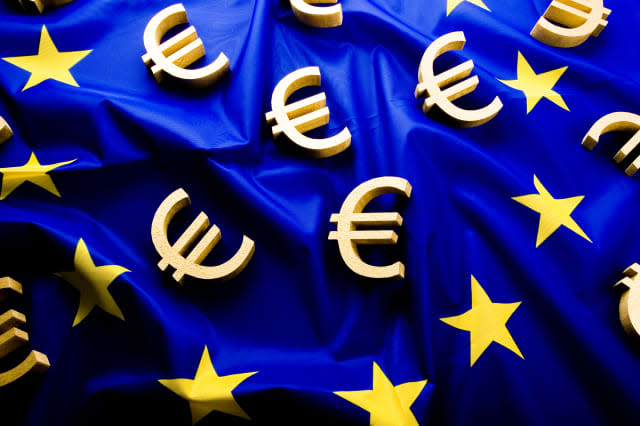EU loses over £650 million in fraud

The European Union has lost 650 million - or almost €1 billion - as a result of fraud. Its fraud watchdog OLAF says it received a record number of allegations of fraud, and as a result it completed a record number of investigations. Overall it identified €901 million in fraud that it hopes will be returned to the EU.
This is a highly optimistic hope. The organisation doesn't prosecute fraudsters itself - it passes on recommendations to countries that they should conduct their own prosecutions. It recommended 397 cases for financial, judicial, administrative or disciplinary action - another record. And it is relying on these being carried out (and being successful) if it is to claw back this money.
The lion's share of these frauds related to what it calls 'Structural Funds', where money has been awarded to specific projects in EU countries, and the watchdog has discovered that the money has been used inappropriately.
It used the example of a Spanish port that had received significant EU funding, but where there was the chance that fraud had been committed in the tendering process and during the work itself. It concluded that there was very likely to have been fraud committed and recommended that the €198 million already paid for the project should be recovered. Proceedings are now underway in Spain.
This is one area where the UK compares well to its European peers. In a list of the countries where most of the fraud had been committed, the UK was at the bottom. The top three were Romania Hungary and Bulgaria.
%VIRTUAL-ArticleSidebar-euro-stories%
Should we be worried?
The organisation is painting this as good news, saying: "This higher inflow of information does not necessarily mean that fraud has risen in Europe, but it shows the increased confidence that citizens, institutions and other partners place in OLAF's investigative capacities."
The idea is that by identifying £650 million in fraud, and demanding it be returned to the EU, the watchdog is proving useful. The Director-General, Giovanni Kessler, said at a press conference: "OLAF's mission is to detect, investigate and stop fraud involving EU funds. Our work delivers concrete results. It ensures that EU taxpayers' money is used for the purpose for which it was originally intended, creating jobs and growth in Europe".
However, there will be commentators who read this very differently, identifying that almost €1 billion in fraud is not good news - however you spin it - and that simply identifying possible fraud achieves nothing: member states actually have to prosecute. At the moment they only do so in 53% of cases - demonstrating the weaknesses in the system.
But what do you think? Are these figures alarming, or would you expect this level of fraud in such an enormous organisation - with a budget nudging €150 billion? Are you happy that the EU is doing enough to crack down on fraud? Let us know in the comments.
European stories on AOL Money
EU migrants may have to wait four years for UK benefits
Are we about to fund the BBC across Europe?
EU rule could cost mortgage borrowers thousands





